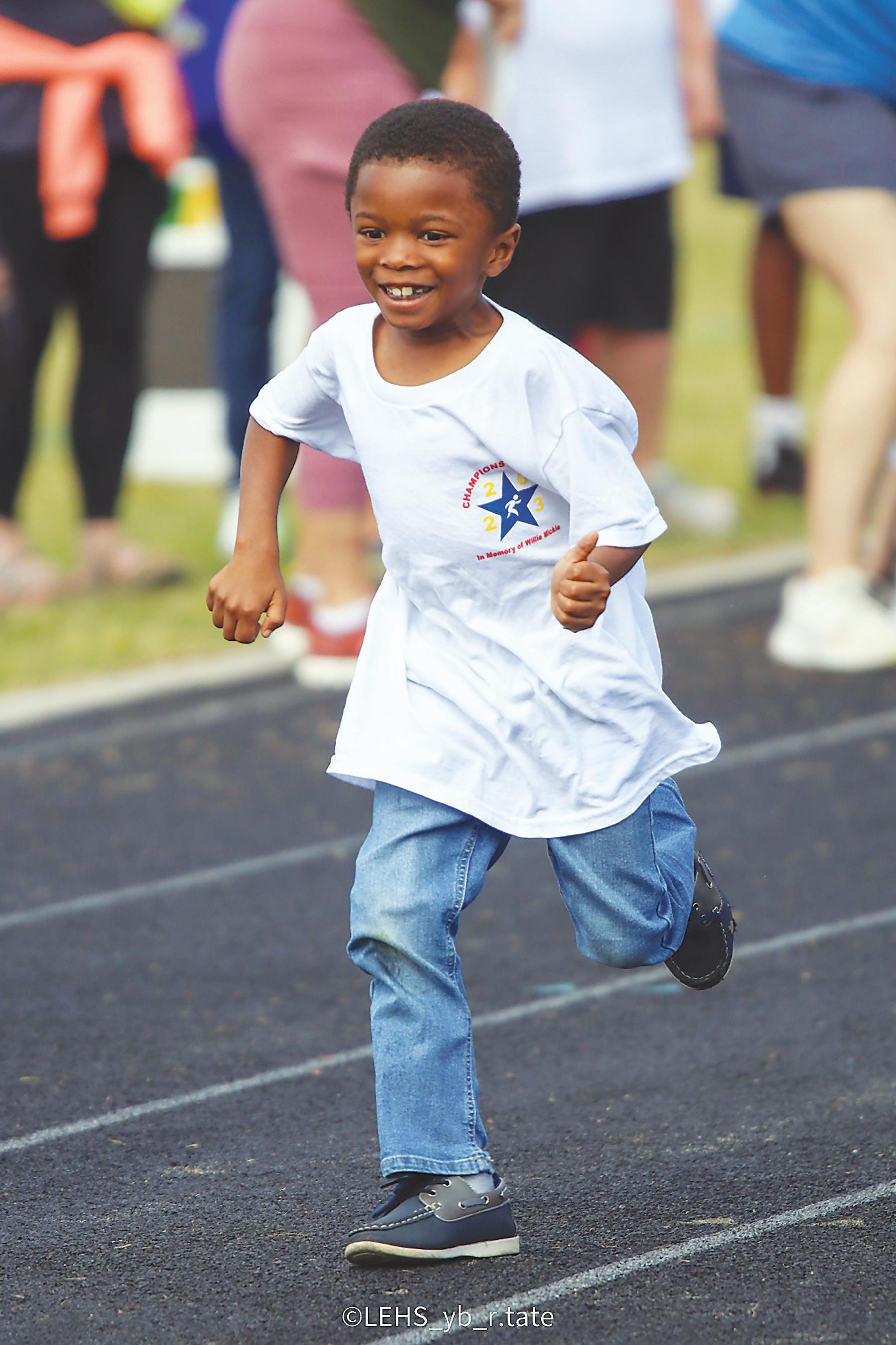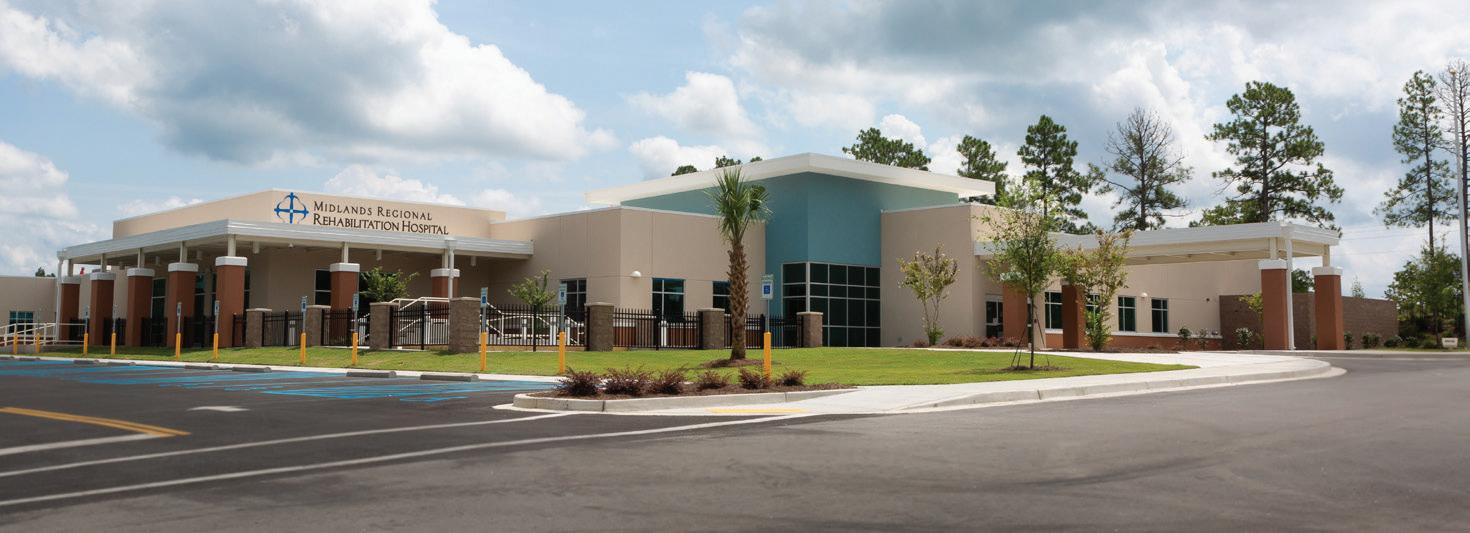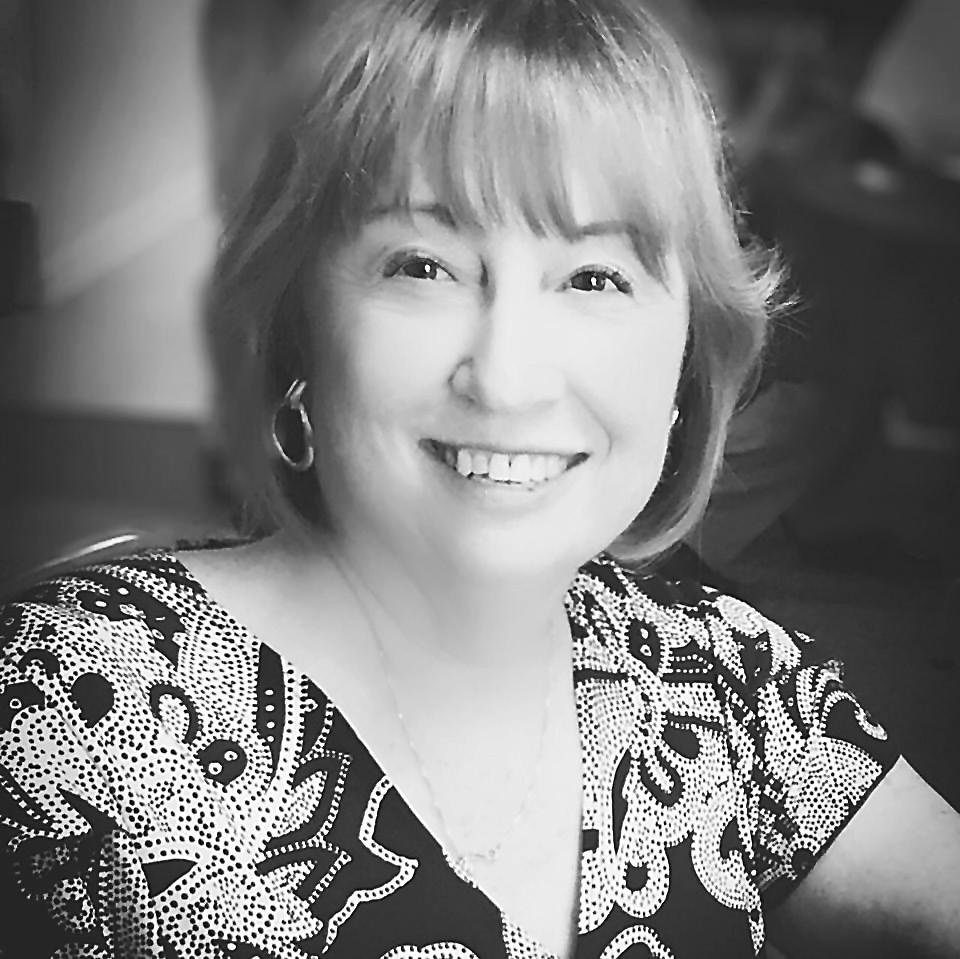
3 minute read
Have Y'all Ever Pitched A Hissy Fit?
By: Liz Simon, Staff Writer
What does ‘Southern’ mean to you? My grandson Hampton, who lives in the true Low Country and attends middle school in Mount Pleasant (a melting pot of students from all over the world), enjoys listening to my slower talk as I tell him stories of growing up in the South. Hampton likes to hear me pronounce certain words that make him laugh like “tweezer or rice or oil.” I think now, as I have lived in Kershaw County for most of my life, I have a combination of a Bishopville- Lugoff-Elgin drawl.
Advertisement
Recently, I read an article about our Southern way of talking according to Lang Learning Platform. South Carolina is the second slowest state in word pronunciation. Carolinians average 4.80 syllables per second. Louisiana ranks the slowest with 4.78 syllables while Midwesterners are our fastest talkers. Most Americans say six syllables to our four.
According to the internet, only a Southerner would know a “hissy fit.” If you are having a hissy fit, you know that you don't “have them,” you “pitch them!”
When I was a teen, my Nanny would tell you that I pitched them regularly when I did not get my way. I came home upset and pitched them over some letdown or disagreement with a friend or teacher. I knew that I could not do that in public. How often did I grind my teeth and bite my lip about the role females played in the late 50’s and early 60’s! We were not brought up “that way.” Besides, I'd had my mouth washed out with soap one time when I muttered under my breath behind my Nanny’s back (my Daddy’s mother).
My Nanny was a schoolteacher who passed on her love of reading the newspaper and appreciating family connections and history to me. She was born in Edgefield in 1891 and lived through WWI and WWII. When she was age 29, she finally received the right to vote. This is a fact that most fe- males in SC are not aware of - that our state was one of the very last states to allow females to vote.
Nanny made certain that my penmanship was practiced and that I always wrote thank you notes. She liked for me to sit at the dining room table as soon as I came from school and study. First, I had to tell her all about my day. I think she made me a “talker”.
Studying the parts of speech was a requirement of all students of the English language. Imagine asking the question can “fixing” be a noun? Is “fixing “a verb or an adverb? My husband jokes that “fixing to “is one word. One of my husband's favorite Southern words is “yonder” which means over there.
My children and grandchildren all enjoyed listening to my mother tell stories with her accent from Sumter (Sumpter) County. Sometimes I Google her on the internet and visit the National Archives page as she was videotaped for a two hour Living American History Project. I remember watching her as she was interviewed at the South Carolina Cotton Museum. She shared about her childhood growing up in a small community in the rural South during the Great Depression and being an Army nurse in WWII.
Being Southern we are born to tell our stories and share about “our times.” Didn’t our parents and grandparents remind us often about how it was in “their days” sitting on the porch shelling fresh late summer beans shared by neighbors with gardens? They preached the Golden Rule and politeness to others over the nighttime ‘dinner’ or ‘supper’ table. They reminded us of the ways to address our elders with respect and yes and no, ma’am or sir, to say grace before every meal and not speak unto you are addressed. No one meets a stranger in the South.
Georgia country singer Trisha Yearwood said, “There's an encouragement to gather. We have a family reunion every time you turn around… that is where we share stories and recipes.”

I was “raised” by two strong Southern ladies who lived in different time periods and viewed the world according to their upbringing. That is what being Southern means to me. I miss you both. Bless your hearts for blessing mine!
Happy Mother’s Day!




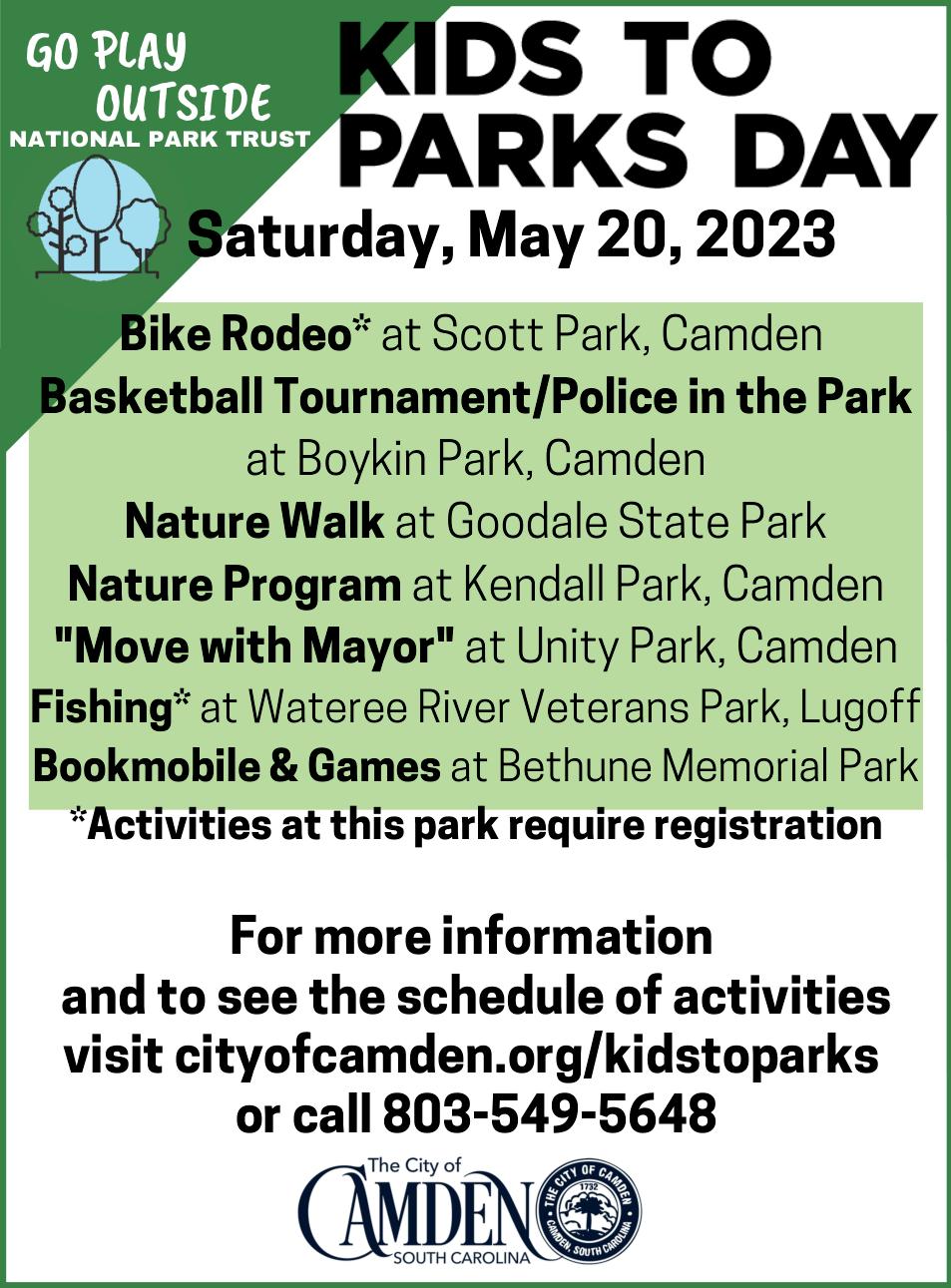



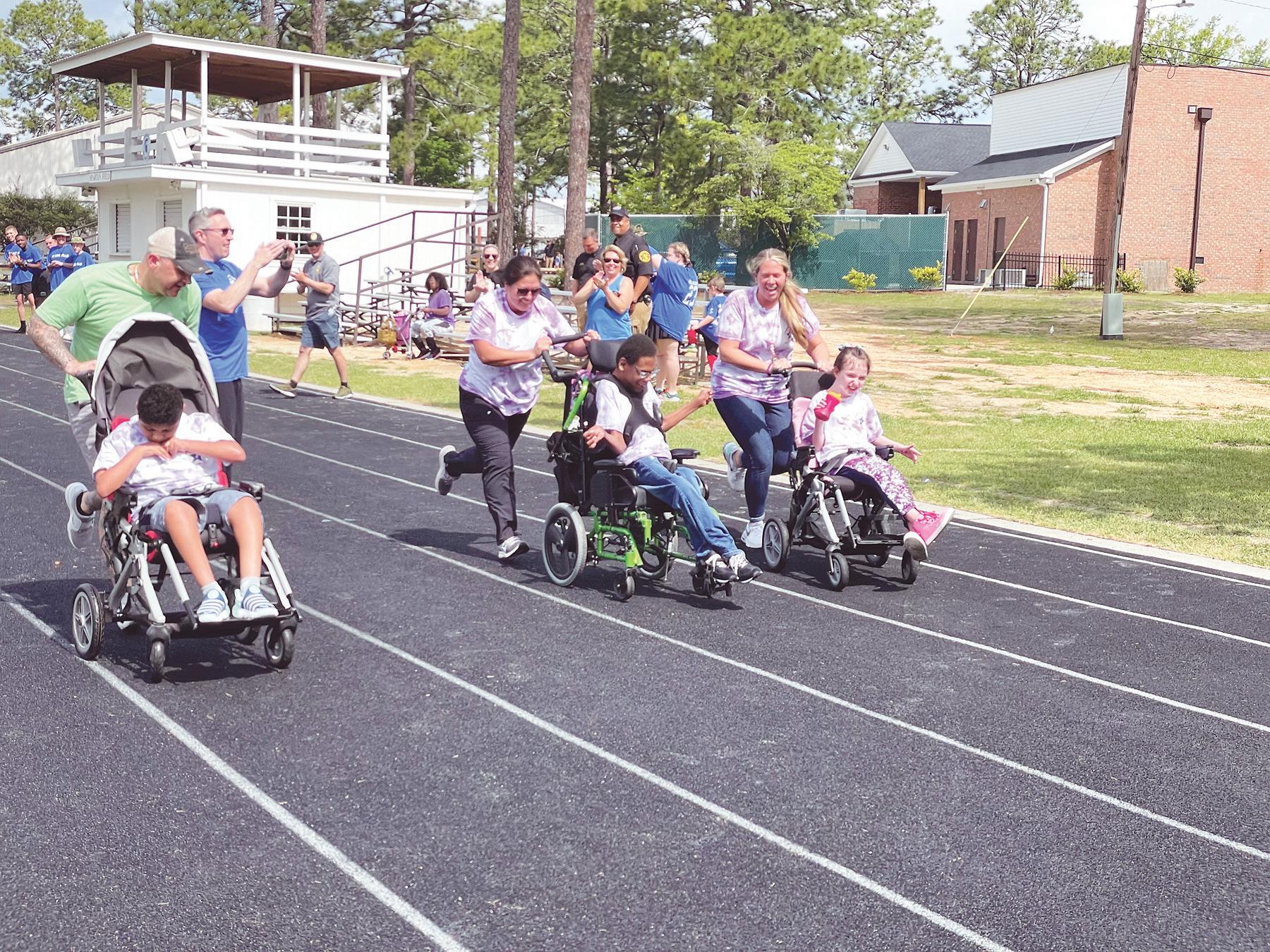
REHABILITATIVE


CARE
Our inpatient rehab hospital has 40 all-private rooms and treats those recovering from disabling injuries or living with chronic illnesses, such as:
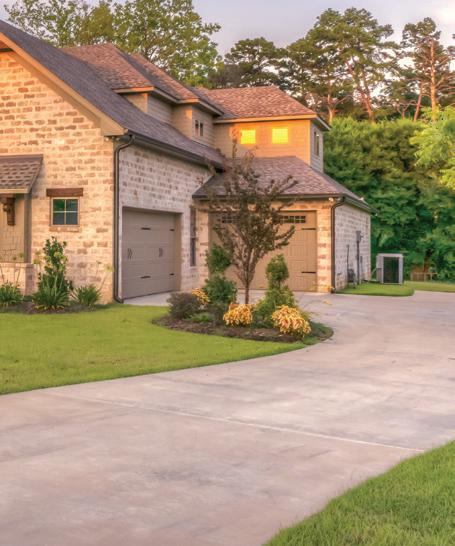

• Strokes
• Brain injuries
• Spinal cord injuries
• Orthopedic injuries, including hip fractures
• Major multiple trauma
• ALS (Lou Gehrig’s Disease)
• Multiple Sclerosis
• Parkinson’s disease
• Amputations
To learn more about our services, visit our website at MRRH.ernesthealth.com.
